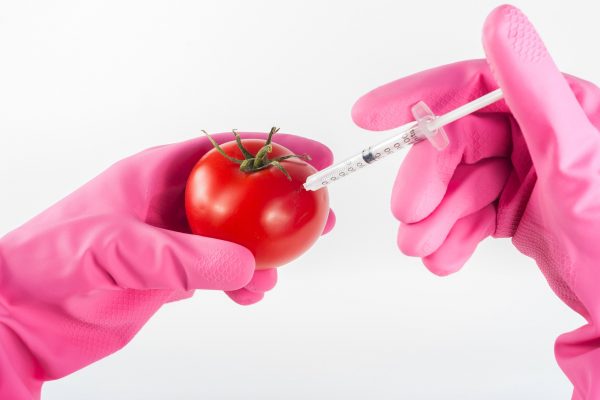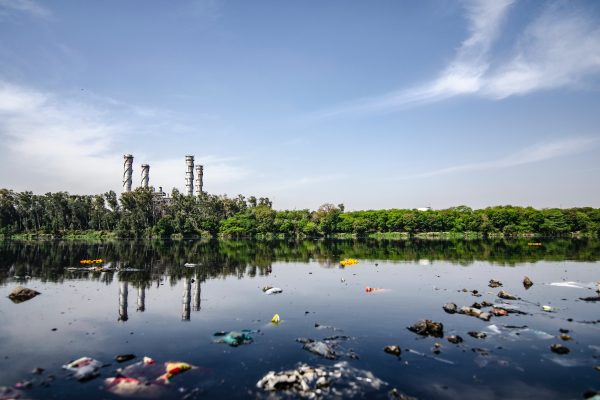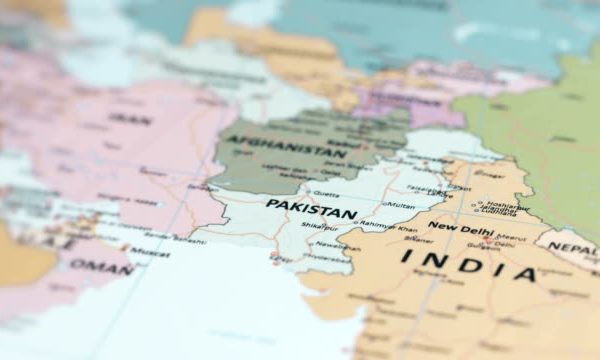CRISPR and GMO: the Unlikely Hero for the World
Despite the pervasive stigma around genetically modified organisms, GMO and CRISPR technology can help improve global food insecurity and climate change conditions.

Despite the pervasive stigma around genetically modified organisms, GMO and CRISPR technology can help improve global food insecurity and climate change conditions.

With social activity limited and stress levels high during the COVID-19 pandemic, keeping up a nutritious diet can be difficult but is important to maintain.

The circumstances of the COVID-19 pandemic have allowed for medical professionals to use telehealth technology frequently, but is this a permanent change?

Undocumented U.S. residents face hardship when trying to access healthcare and health resources, often due to public charge rules and language barriers.

Playing 3D video games may have a positive effect on on adults and mitigate the effects of cognitive decline.

Industrial practices and fast-fashion contribute heavily to water pollution and to the global lack of access to clean water.

The conversation surrounding fracking has often been brought with confusion about its environmental impacts, raising concerns about the appropriate response.

Immigration in early America led to the notion of the public charge, a concept that heavily influences public health practices and cultural norms of today.

The COVID-19 pandemic has been especially difficult to track and combat in the homeless population in America, many of whom are considered high-risk.

Developed countries need more health workers, but this often negatively impacts the developing nations that workers are coming from and being educated in.